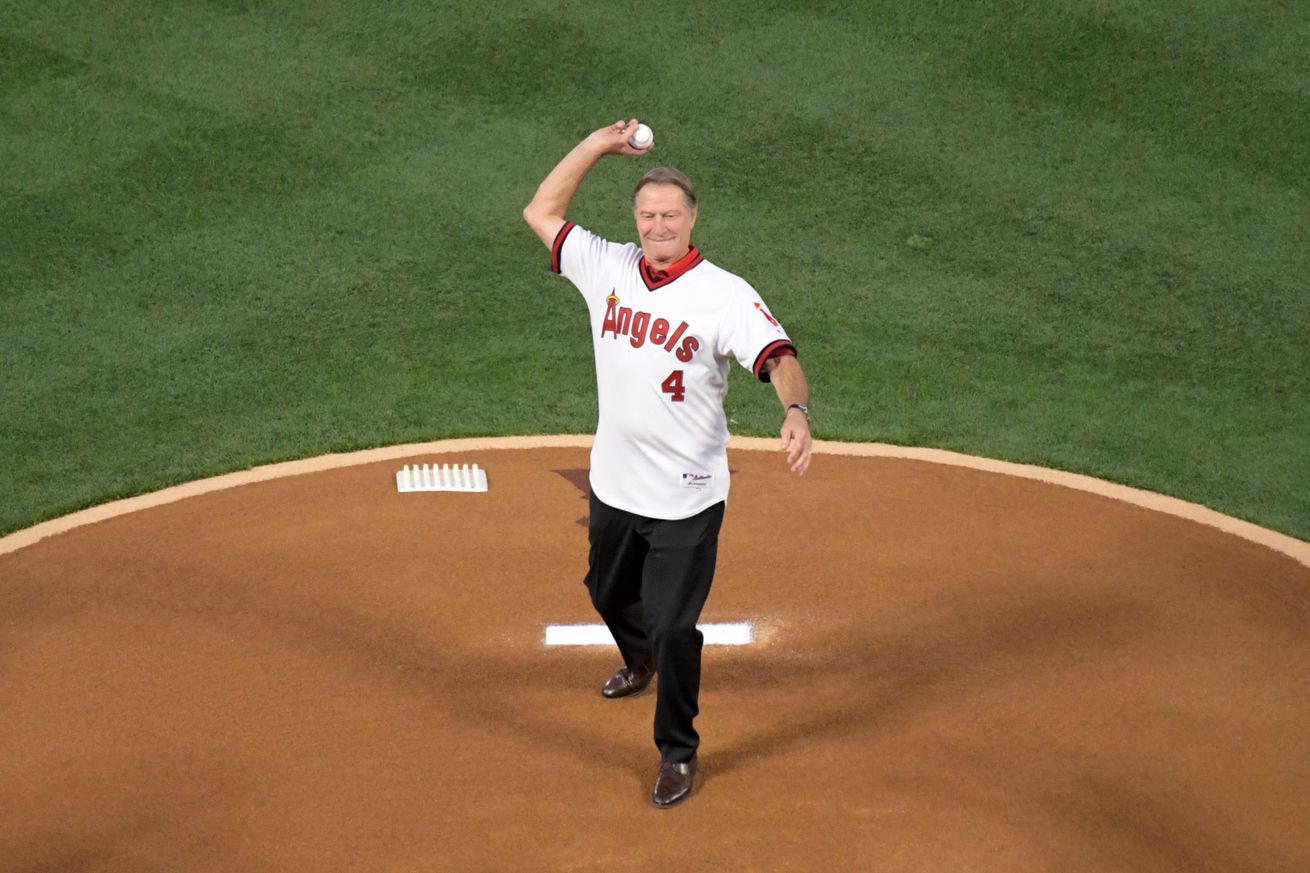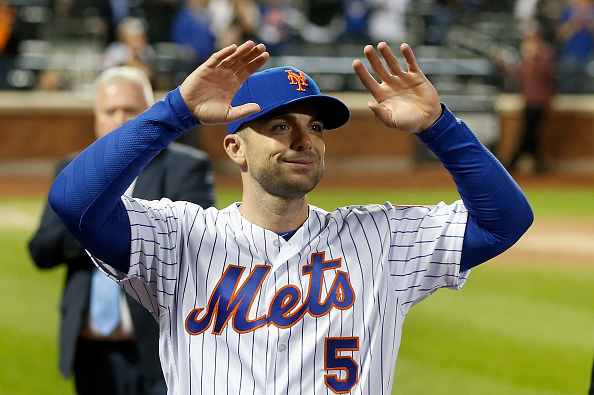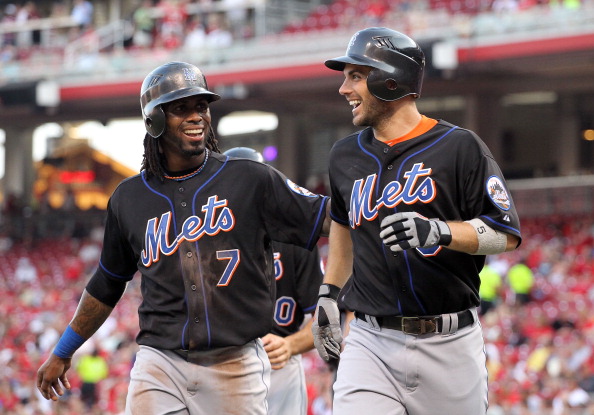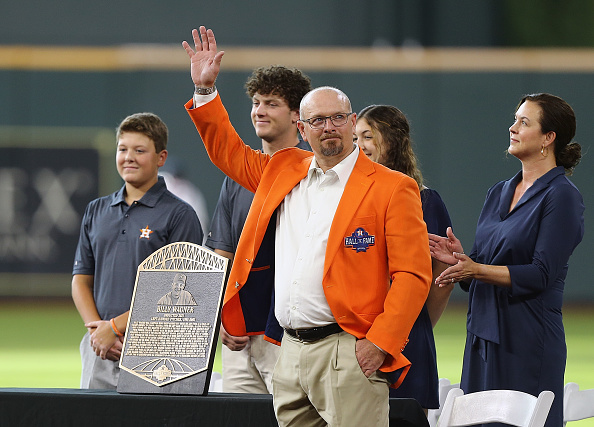Sunday evening, the Modern Baseball Eras Committee selected catcher Ted Simmons MLBPA pioneer Marvin Miller to the Hall of Fame Class of 2020 from a list of 10 finalists.
These Modern-Era finalist careers spanned primarily from 1970 to 1987 and will be voted on again in four years. While second baseman Lou Whitaker was among the finalists and received less than half the committee’s votes, one other Gold Glove second basemen found himself missing.
Bobby Grich was the definition of a ‘grinder’ during his 17-year career. He made his debut in 1970 for the Baltimore Orioles at the age of 21, playing in 30 games for the club that season.
Two years later, Grich would play his first full season in the majors while being named to the American League All-Star team and finished 14th in the MVP voting. Grich would go on to be named to a total of six All-Star teams as one of the best second basemen in the game.
Thanksgiving weekend 1976, Grich would sign a free agent contract with his hometown California Angels and begin a ten-year run with the Halos. A run that would include the franchise’s first three Western Division titles and post-season appearances. Grich would finish eighth in MVP voting in 1979, the year the Angels would win their first AL West title and then he went on to lead the American League in home runs in 1981.
Grich was an All-Star during the Angels’ second playoff season of 1982 and finished his career at thirty-six years old after the Angels lost to the Red Sox in the 1986 ALCS.
Grich was one of the best defensive second basemen of his era earning four Gold Glove awards during his seventeen-year career. Grich received only 2.6 percent of the BBWAA votes in 1992 during his first year on the Hall of Fame ballot and was thus removed from future ballots. Since then, the sabermetrics community and particularly the Wins Above Replacement statistics have provided baseball community a few of Grich that merits further consideration for Cooperstown.
For instance, below is a list of the Top 10 MLB Second basemen based on career Fangraphs WAR:
130.3 Rogers Hornsby (HOF)
120.5 Eddie Collins (HOF)
102.2 Nap Lajoie (HOF)
98.8 Joe Morgan (HOF)
78.6 Charlie Gehringer (HOF)
74.8 Frankie Frisch (HOF)
72.3 Rod Carew (HOF)
69.2 BOBBY GRICH
68.1 Lou Whitaker
65.8 Craig Biggio (HOF)
Outside the top ten are Hall of Famers Roberto Alomar, Bid McPhee, Ryne Sandberg, Joe Gordon, Jackie Robinson, Billy Herman, Bobby Doerr, Tony Lazzeri, and Johnny Evers.
Before you begin thinking Grich was a compiler, Grich retired after the 1986 season at the age of 36. Capping his career having played 2,008 career games with 8,220 plate appearances. Compare that to Hall of Famers plate appearance like Biggio (12,504), Alomar (10,400), and Sandberg (9,282) and you see a player most deserving of Cooperstown.
Lou Whitaker was one of ten players, managers, and executives that are including on this year’s Eras Committee Hall of Fame ballot. These Modern Baseball candidates were voted Sunday at the Winter Meetings by the committee. Ted Simmons and Marvin Miller were the only two to receive seventy-five percent of votes required for induction. Grich was not on the ballot this time and Whitaker only received six votes from the sixteen-member committee.
Just as important to Whitaker being considered by Eras Committee is the consideration of catcher Thurman Munson. As I outlined in a story last month, no position player since 1960 with less than 2,000 hits has been inducted into the Hall of Fame.
Munson has 1,558 hits and would be the first hitter to break through the sub-2,000 hits barrier post-50s. Bobby Grich has 1,833 career hits and could be helped greatly by both the election of Whitaker and Munson to the Hall of Fame. Whitaker received only six votes while Munson reportedly received under three votes.
The hit totals and votes received continue to reflect the value given to hitters that have surpassed 2,000 career hits.
2,472 hits, Ted Simmons (13 votes)
2,446 hits, Dwight Evans (eight votes)
2,712 hits, Dave Parker (seven votes)
2,599 hits, Steve Garvey (six votes)
2,369 hits, Lou Whitaker (six votes)
Bobby Grich is one of those players that is gaining momentum with baseball historians for Hall of Fame consideration. Like Ron Santo and others before him, sometimes it seems to take a few generations of baseball players, writers, and fans to pass to really appreciate some of the greats of our past. The more time passes, Bobby Grich looks more deserving of enshrinement in Cooperstown. Ultimately, I believe he will be inducted.
Hopefully, it’s next time the Modern Baseball candidates are considered in four years for the Hall of Fame Class of 2023.









0 Responses